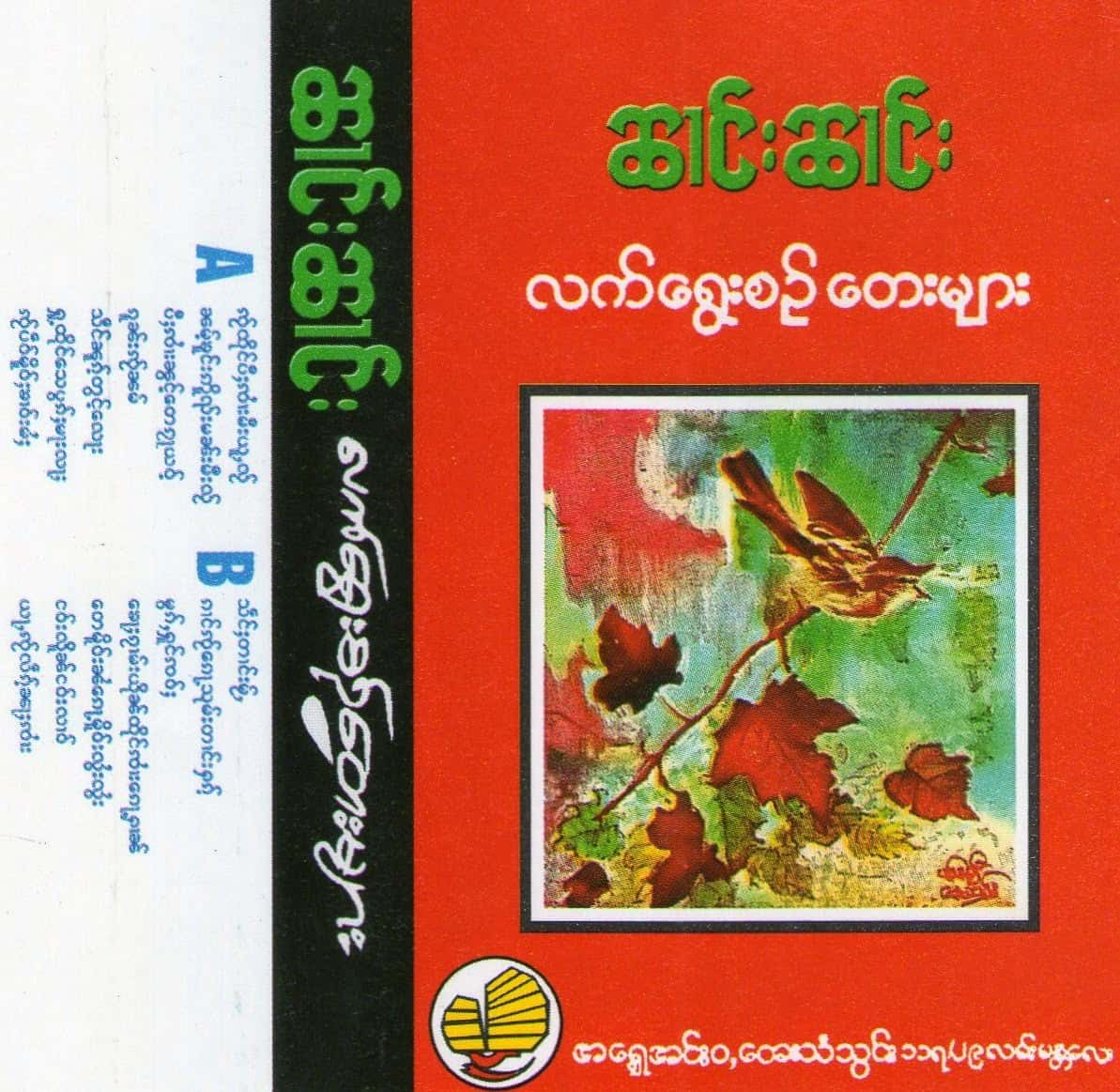Author: Riley Urbano
Over the course of the last decade, online streaming services like Spotify and Apple Music have overtaken the old ways of finding and consuming music. Streaming “sales” constitute the bulk of the music industry’s revenue, towering over outmoded formats like the physical LP (or CD, or cassette, for that matter), and even digital downloads for sale on sites like Bandcamp and Itunes. While the effects of this change in mass consumption patterns are vast and complex, one that I find to be poignant and perhaps even harmful to the culture is that tons of great music is getting lost in the transition. Whether it’s a mixtape that an artist can never upload to streaming services because it’s full of samples they can’t pay for, or a vintage gem whose record label didn’t survive into the digital age, there really is a massive amount of excellent and sometimes culturally important music that hasn’t made it’s way onto the streaming giants, and probably never will.
For this year’s column, I’ll be highlighting some records worth closing out of Spotify and making the extra effort to listen to, even if you can’t sort it into the libraries you keep the rest of your music in. This month, I’ll be covering a compilation of hits from former Burma (now Myanmar) by Naang Naang, titled Le’ Ywei Sin Tei Mya. I’ll be attempting to translate the titles out of Burmese script into English, apologies in advance if anything comes out wrong!
Not much is known about the artist or group known as Naang Naang beyond the fact that they hail from former-Burma/Myanmar’s Shan state, which, according to the blog “Monrakplengthai,” shares a “[…]long and porous border with northern thailand.” Online databases like rateyourmusic.com account for six studio albums from the band, but there may have been more, for all we know. Naang Naang works within the Burmese tradition of “Stereo Music,” a turn away from the culturally conservative “Mono” music of Burmese state-run radio. The earliest Stereo artists translated and covered Western hits from countries within the Anglosphere, but, by the mid 1970s, musicians in the capital city of Yangon had begun writing their own songs, synthesizing Anglo-pop music with their own musical ideas without falling back on old hits. Most popular Stereo artists seem to build their tracks up around a traditional Western rock band setup (guitars, bass, drums, keyboards) with a foregrounding focus on vocals delivered in a traditional South-Asian style. The genre arose against technical constraints: limited access to recording equipment meant that most Stereo bands recorded their music in the same studio, using the same cheap gear in Yangon, and the music seems to have been distributed primarily on cheap cassettes.
The history of this cultural moment in Burmese historu has been covered extensively in excellent compilations by labels like Sublime Frequencies, which may, for all I know, be widely available on streaming services everywhere. But not many records within the genre have captured my attention or my imagination quite like Le’ Ywei Sin Tei Mya, which seems to have made it out of the pre-digital abyss only through the archival work of the folks at Monrakplengthai. Le’ Ywei Sin Tei Mya is a gorgeous record that, despite bridging a major cultural gap across time and nationality, feels strikingly familiar and immediately gratifying to me as a Western listener in 2019. The chord progressions are bittersweet the way Phil Spector’s are, the guitar tones are warm and enveloping, and the distinctive vocal style present across the record is absolutely striking. Fans of contemporary lo-fi pop and rock as embodied by artists like Ariel Pink and Connan Mockasin will find a lot to like here. Peep the first track:
Seriously… Do you hear that? The guitars sound like they’re weeping. Despite being presumably a haphazardly ripped .mp3 of a poorly recorded cassette, the low end is round and full, the mix is delicate and balanced, and the tape hiss gives everything a remarkably nostalgic and beautiful finishing touch. And then there’s that unmistakable vocal, plaintive and gorgeous, anchoring this record concretely in its place and time while still maintaining an uncannily fresh edge. Any music enthusiast with a taste for vintage pop or modern lo-fi music should definitely give this record, and the wider world of Burmese Stereo music, a shot. Beyond being a wildly vivid snapshot of a place and time not otherwise too centered within Western music culture, this stuff is just fun as hell, plain and simple.
Riley Urbano | Le’ Ywei Sin Tei Mya | KXSU Music Reporter

